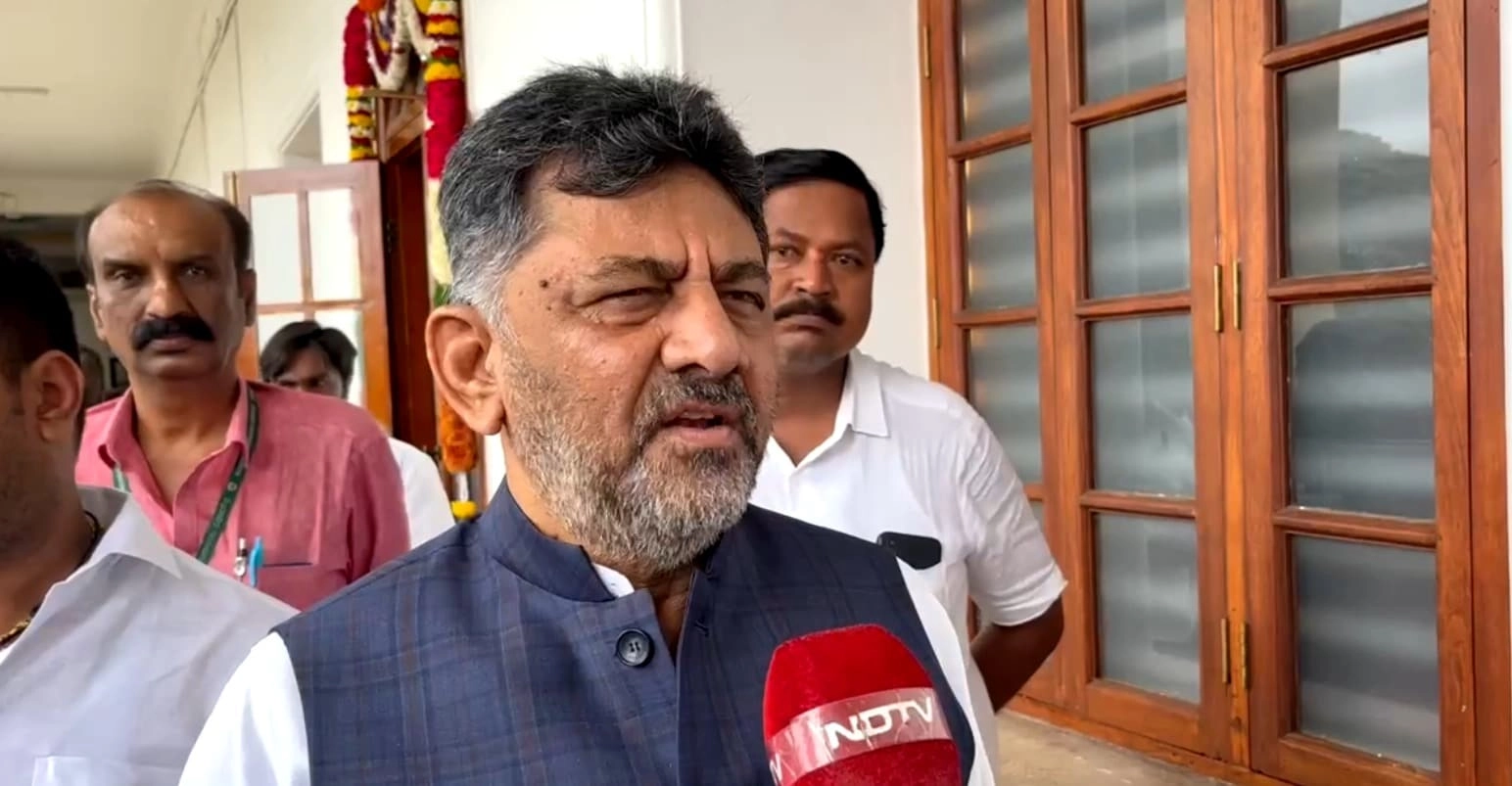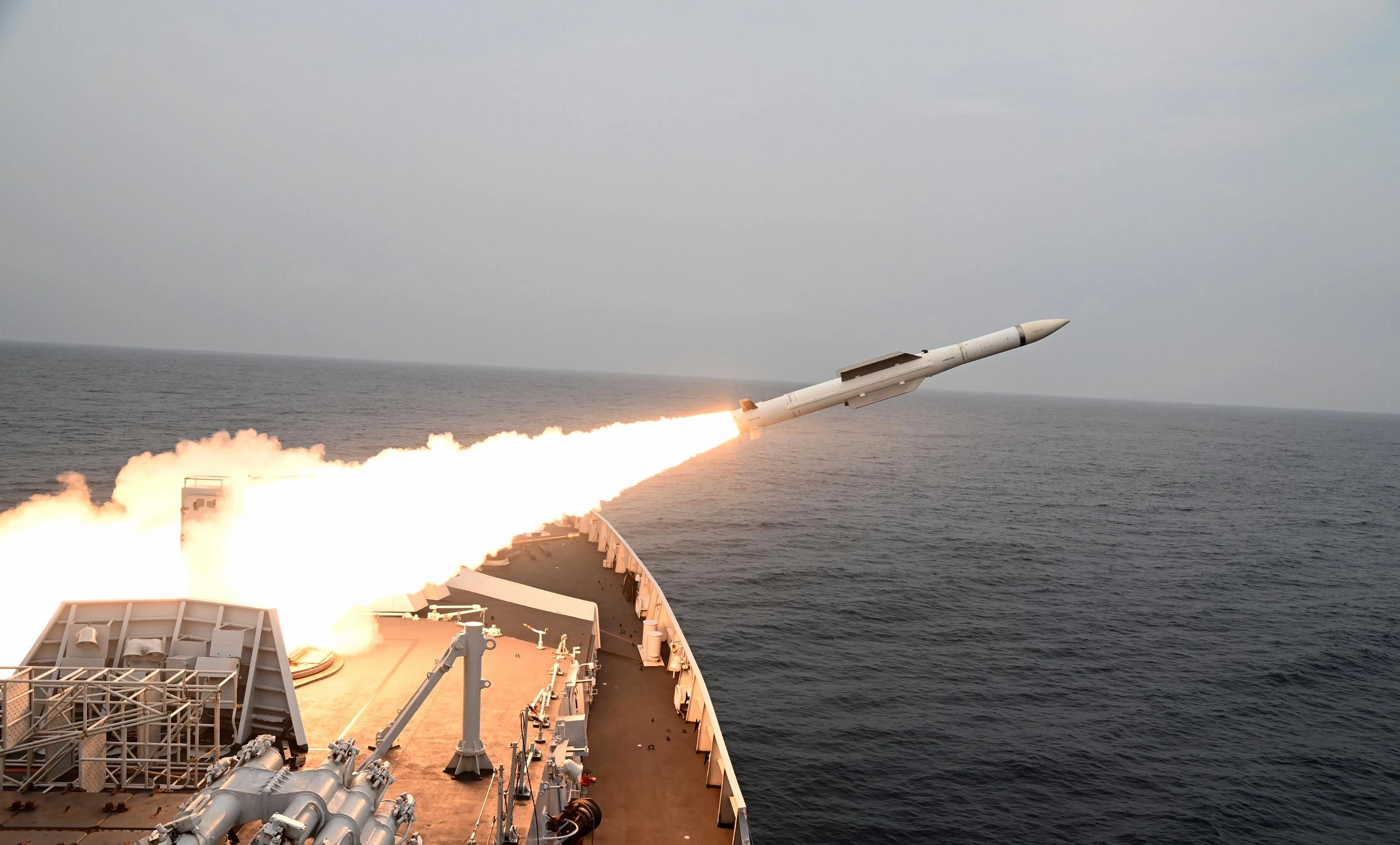In a recent political exchange, Karnataka Congress leader DK Shivakumar responded sharply to Ajit Pawar’s remarks about the state of affairs in Hinjewadi, a prominent tech hub in Maharashtra. Pawar, who serves as the Deputy Chief Minister of Maharashtra, expressed concerns regarding the challenges faced by the Hinjewadi area, indicating a perceived decline in its growth and development. His lament about the situation drew attention, but it was Shivakumar’s retort that highlighted the competitive nature of politics in the region.
Shivakumar seized the opportunity to underscore the successes of Karnataka, particularly in the realm of technology and innovation. He pointed out that while Maharashtra has been a significant player in the tech industry, Karnataka has consistently outperformed its neighbor in terms of attracting investments and fostering a conducive environment for startups. His comments not only aimed to defend Karnataka’s reputation but also to remind the audience of the state’s pivotal role in the nation’s tech landscape.
The exchange reflects the ongoing rivalry between the two states, especially in the context of economic growth and technological advancement. Shivakumar’s jibe emphasizes a broader narrative in Indian politics, where leaders often use such moments to assert their state’s achievements while critiquing their opponents. The contrast between Maharashtra’s challenges, as articulated by Pawar, and Karnataka’s successes, as asserted by Shivakumar, encapsulates the competitive dynamics that characterize regional politics in India.
As both states vie for dominance in the technology sector, the implications of such exchanges go beyond mere political banter. They reveal underlying tensions and aspirations that drive policy decisions and economic strategies. Karnataka’s emphasis on innovation and development serves as a model that other states, including Maharashtra, may seek to emulate. In the end, these interactions not only shape public perception but also influence the trajectory of regional development in the ever-evolving landscape of Indian politics.




